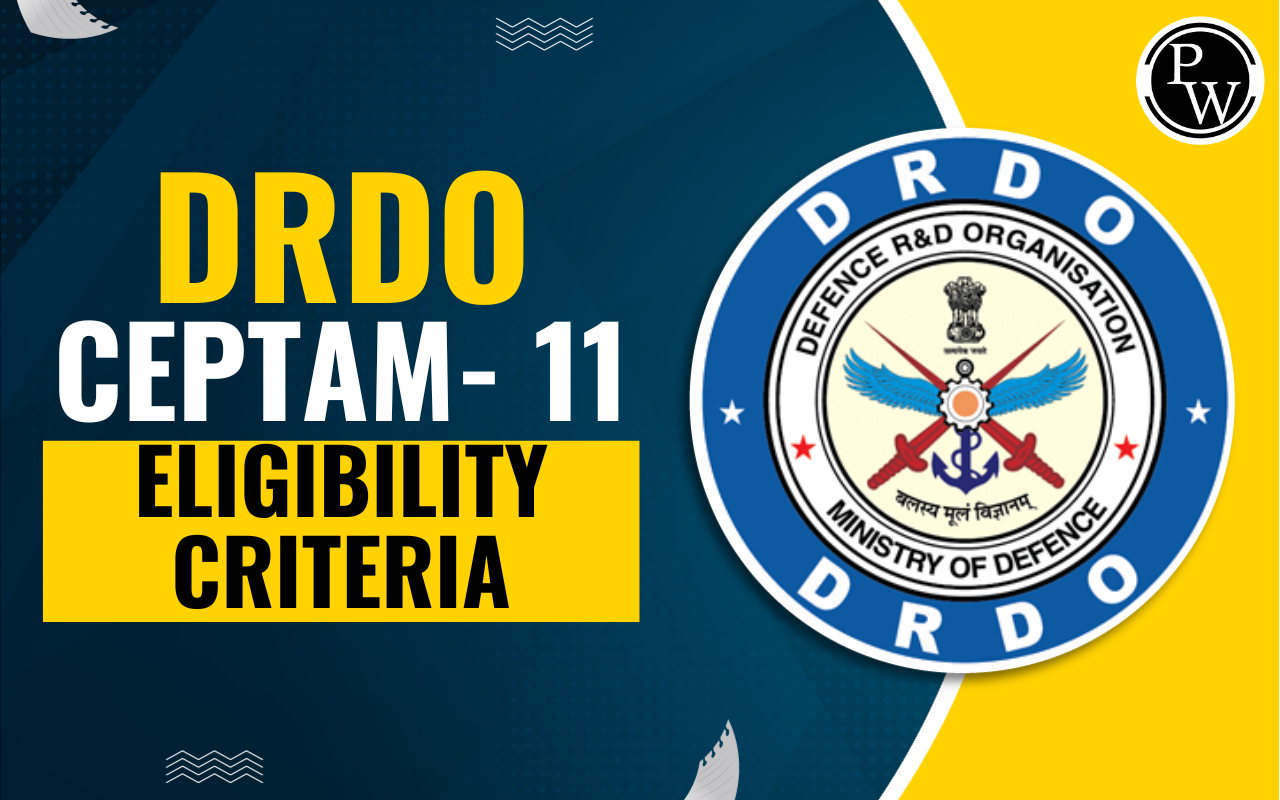
GATE Civil Engineering Subject Wise Weightage 2026: The Graduate Aptitude Test in Engineering for 2026 will be conducted by IIT Guwahati. Candidates aiming to ace the GATE 2026 Civil Engineering exam must review the subject-wise weightage to prioritize the high-yield subjects to maximize the overall score.
The GATE Civil Engineering Syllabus covers a wide range of core subjects as well as general aptitude and engineering mathematics. The GATE CE exam demands a thorough conceptual understanding of technical subjects and good problem-solving skills. Candidates must go through the GATE CE Subject-wise Weightage 2026 to optimize their preparation effectively.
GATE Civil Engineering Subject Wise Weightage 2026
The GATE CE exam consists of 65 questions, including MCQs, MSQs, and NAT types worth 100 marks. The exam aims to test the comprehensive understanding of aspirants in the concerned subjects. The core Civil Engineering subjects carry a weightage of 72 marks, while General Aptitude carries 15 marks and Engineering Mathematics carries 15 marks.
The GATE CE paper includes various key subjects, including Fluid Mechanics, RCC and Steel Structures, Geotechnical Engineering, Environmental Engineering, Solid Mechanics, etc., with a significant weightage every year. However, the subject-wise weightage varies year by year, but reviewing past years' trends may provide you with insights into the key focus areas.
Additionally, the common sections like Engineering Mathematics and General Aptitude carried above 25 percent of the overall weightage in the past years.
- It is worth noting that each section of the GATE Civil Engineering syllabus may carry approximately 15 marks, making it crucial to prepare thoroughly for the core civil subjects.
- Aspirants should make sure to make a study plan in accordance with the GATE Civil Engineering Subject Wise Weightage by selecting high-scoring topics first.
Check: GATE Civil Engineering Exam Pattern
GATE Civil Engineering Subject-wise Weightage By Years
To understand the GATE Civil Engineering subject-wise weightage, refer to the table carrying data from 2019 to 2025, including major topics of the CE Syllabus.
| GATE Civil Subject-wise Weightage (2019 to 2025) | |||||||
| Subjects | 2019 (%) | 2020 (%) | 2021 (%) | 2022 (%) | 2023 (%) | 2024 (%) | 2025 (%) |
| General Aptitude | 15 | 15 | 15 | 14 | 15 | 15 | 15 |
| Engineering Mathematics | 10.5 | 11.5 | 13 | 13 | 13 | 13 | 13 |
| Irrigation & Hydrology | 5.5 | 5.5 | 4 | 3 | 7 | 5 | 6 |
| Fluid Mechanics | 9 | 7.5 | 8 | 9 | 7 | 8 | 7 |
| Environmental Engineering | 9 | 11 | 11 | 10 | 11 | 8 | 9 |
| Structural Analysis | 4.5 | 6 | 6 | 8 | 5 | 4 | 5 |
| Geotechnical Engineering | 16 | 14.5 | 15 | 13 | 16 | 14 | 16 |
| Transportation Engineering | 9.5 | 11 | 9 | 7 | 6 | 7 | 8 |
| Geomatics Engineering | 6 | 14.5 | 5 | 8 | 4 | 5 | 5 |
| R.C.C. | 5 | 5 | 5 | 5 | 4 | 4 | 5 |
| Steel Structures | 5 | 2.5 | 3 | 2 | 3 | 3 | 5 |
| Construction Materials & Mgmt | 1 | 0.5 | 1 | 3 | 0 | - | - |
| Engineering Mechanics | 0.5 | 1 | 0 | 1 | 1 | - | - |
| Solid Mechanics | 3.5 | 4 | 2 | 2 | 7 | 2 | 3 |
Check: GATE Civil Engineering Previous Year Papers
Why is the GATE CE Subject Wise Weightage Important?
Understanding the weightage of subjects in the GATE Civil Engineering exam is crucial for aspirants; here's why:
- Knowing the GATE Civil Engineering Subject Wise Weightage helps aspirants better prioritize their study time and efforts.
- By concentrating on subjects with higher marks, they can devote more time to key subjects, increasing their chances of success.
- Time constraints are a common challenge in exam preparation. The GATE subject-wise weightage for civil helps identify the most important topics.
- The weightage analysis allows applicants to thoroughly review the complete GATE Civil Engineering syllabus.
- They can develop their study method and ensure they have a solid understanding of the main topics across every subject.
- Aspirants may choose to skip less important subjects or focus only on the essential concepts within those subjects.
- This approach ensures that aspirants prioritize their efforts on the topics that are more likely to be covered in the GATE 2025 Civil Engineering paper.
GATE CE Important Topics Based on Subject-wise Weightage
After an in-depth review of the GATE Civil Engineering Subject Wise Weightage, some of the most essential topics that have carried significant weightage over the years are listed below.
| Important Topics for GATE 2026 Civil Exam | |
| Subject | Sub-Topics |
| General Aptitude | Verbal Aptitude, Quantitative Aptitude, Analytical Aptitude, and Spatial Aptitude |
| Engineering Mathematics | Linear Algebra, Calculus, Ordinary Differential Equation (ODE), Partial Differential Equation (P.D.E.), Probability, Statistics, and Numerical Methods |
| Structural Engineering | Engineering Mechanics, Solid Mechanics, Structural Analysis, Construction Materials and Management, Concrete Structures, and Steel Structures |
| Geotechnical Engineering | Soil Mechanics and Foundation Engineering |
| Water Resources Engineering | Fluid Mechanics, Hydraulics, Hydrology, and Irrigation |
| Environmental Engineering | Water and Waste-Water Quality and Treatment, Air Pollution, and Municipal Solid Wastes |
| Transportation Engineering | Transportation Infrastructure, Highway Pavements, and Traffic Engineering |
| Geomatics Engineering | Principles of Surveying, Photogrammetry, and Remote Sensing |
Elevate your GATE readiness with Physics Wallah’s GATE Online Courses. PW GATE Online Coaching offers comprehensive live sessions tailored to the syllabus, invaluable study materials, practice tests, and much more.
GATE Civil Engineering Subject Wise Weightage FAQs
Which subjects hold higher weightage in the GATE CE paper?
What was the GATE Civil Engineering subject-wise weightage for 2025?
Is the GATE Civil Engineering paper tough to crack?
What was the GATE Civil Engineering Subject Wise Weightage 2025 for General Aptitude?
What type of questions are asked in the GATE Civil Engineering paper?









